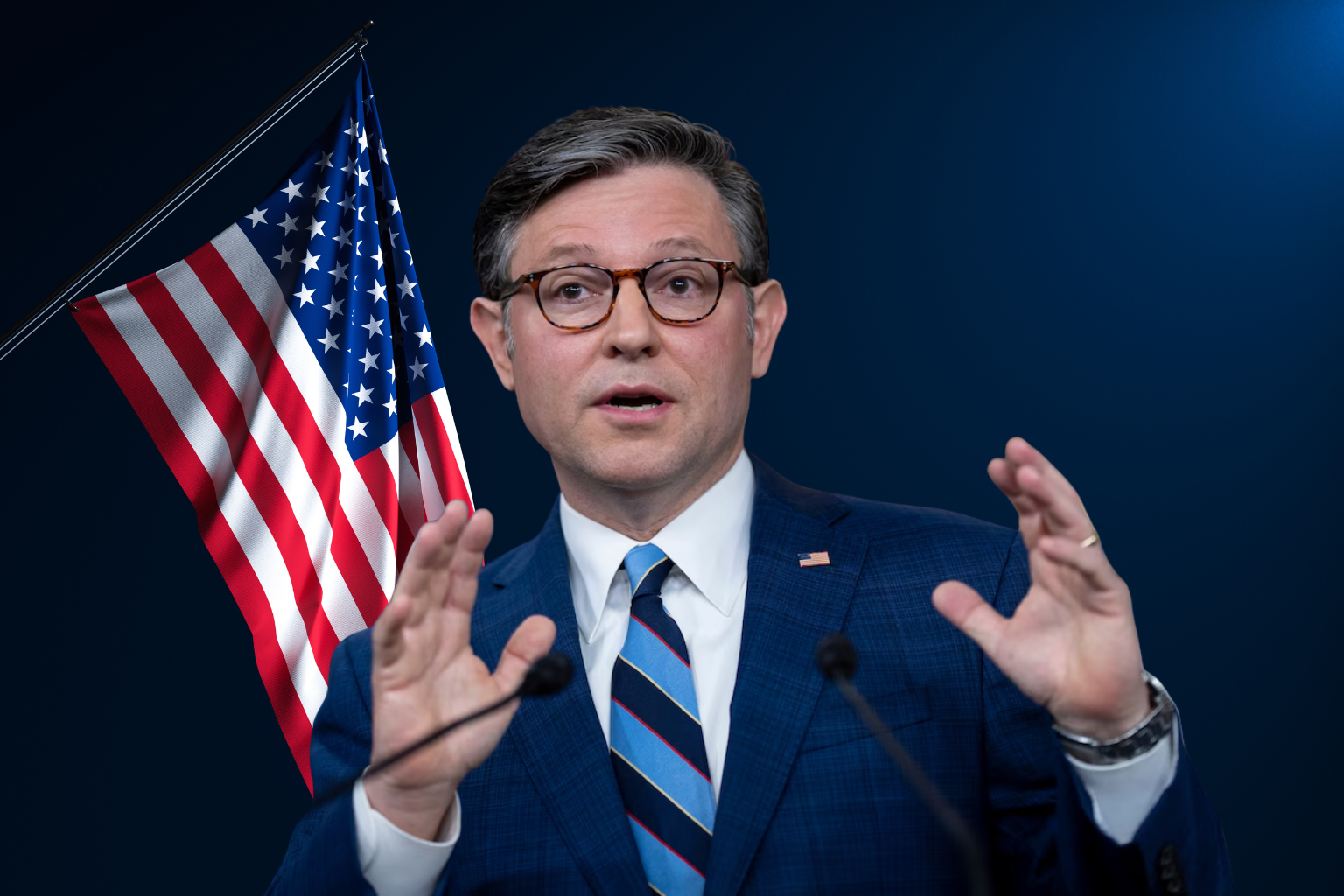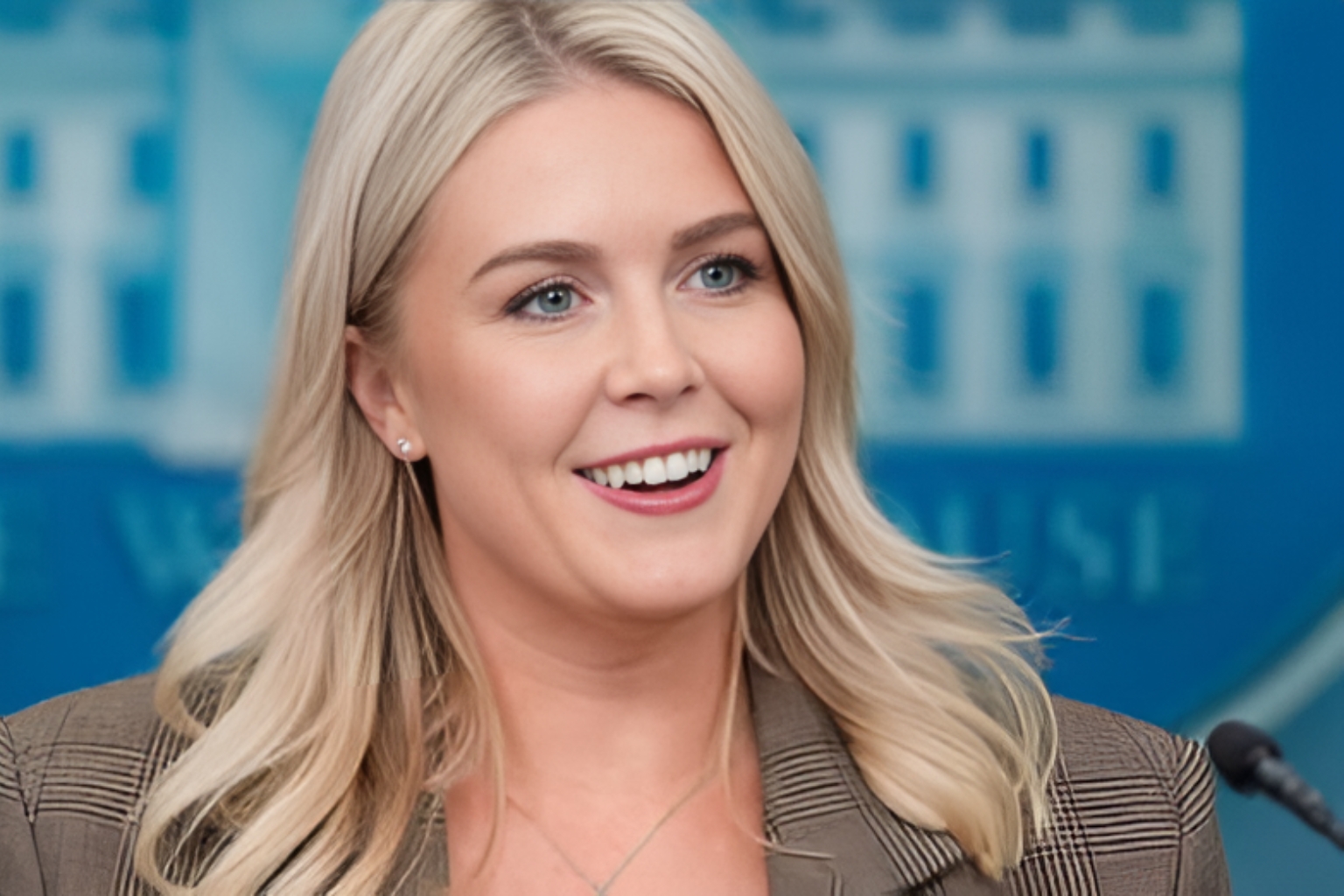Trump Eyes NIL Reform: Former President Pushes for National Boundaries in College Sports

Donald Trump is stepping into the world of college athletics, raising eyebrows with his push for national regulations on Name, Image, and Likeness (NIL) rights for student-athletes. The former president’s involvement in NIL discussions is stirring debate across the sports and political landscapes.
According to SEC Commissioner Greg Sankey, Trump expressed deep interest during a recent meeting at his Bedminster golf club. Sankey and Notre Dame athletic director Pete Bevacqua joined the former president, where Trump reportedly emphasized the need for “real boundaries” in NIL deals to ensure fairness and stability in college sports.
“His interest is real,” Sankey told ESPN. “He wants to support college athletics, protect Olympic programs, promote women’s sports — but most importantly, bring order to the NIL chaos.”
Trump-Backed Executive Order in the Works
According to reports, Trump is mulling over a potential sweeping executive order which will deal with NIL regulations on a national level. The order is rumored to have national regulations on athlete compensation, providing a legal definition on student-athlete employment status, and possible antitrust immunity for the NCAA and other governing organizations.
The aim of these reforms is to curtail what many critics describe as a burgeoning laissez-faire market, where collegiate athletes are treated as free agents—transferring to different institutions for greater contracts, and diminishing the power of deeply rooted coaching institutions.
NIL: Chance or Disorder?
The NIL era started with a Supreme Court decision in favor of athlete compensation, which led to an NIL boom among students. While some view this as progress towards fairness, others worry that college sports are losing the essence of what made them great.
Coach Saban has publicly discussed the negative impacts that NIL deals have on not only college sports but also the culture that has long surrounded collegiate athletics. The current system also contributes to uneven competition and the amateur-professional divide.
Is Trump the Answer — or Another Disruption?
The Trump controversy adds more complexity to the already multifaceted NIL issue. Supporters of NIL centrism advocate for uniform national policies citing the need to protect athletes and institutions. Conversely, critics of Trump’s policies fear that his participation in the issue may further politicize college sports, redirecting the focus from students to power players.
While the debate may rage on, it cannot be denied that college sports are at an inflection point. Whether Trump’s influence will be Chad-Easterberry] a stabilizing influence or just another chaotic layer remains to be seen.
Follow NJ Recorder for live updates on NIL changes, Trump’s college sports policies, and implications for the future of college athletics.



